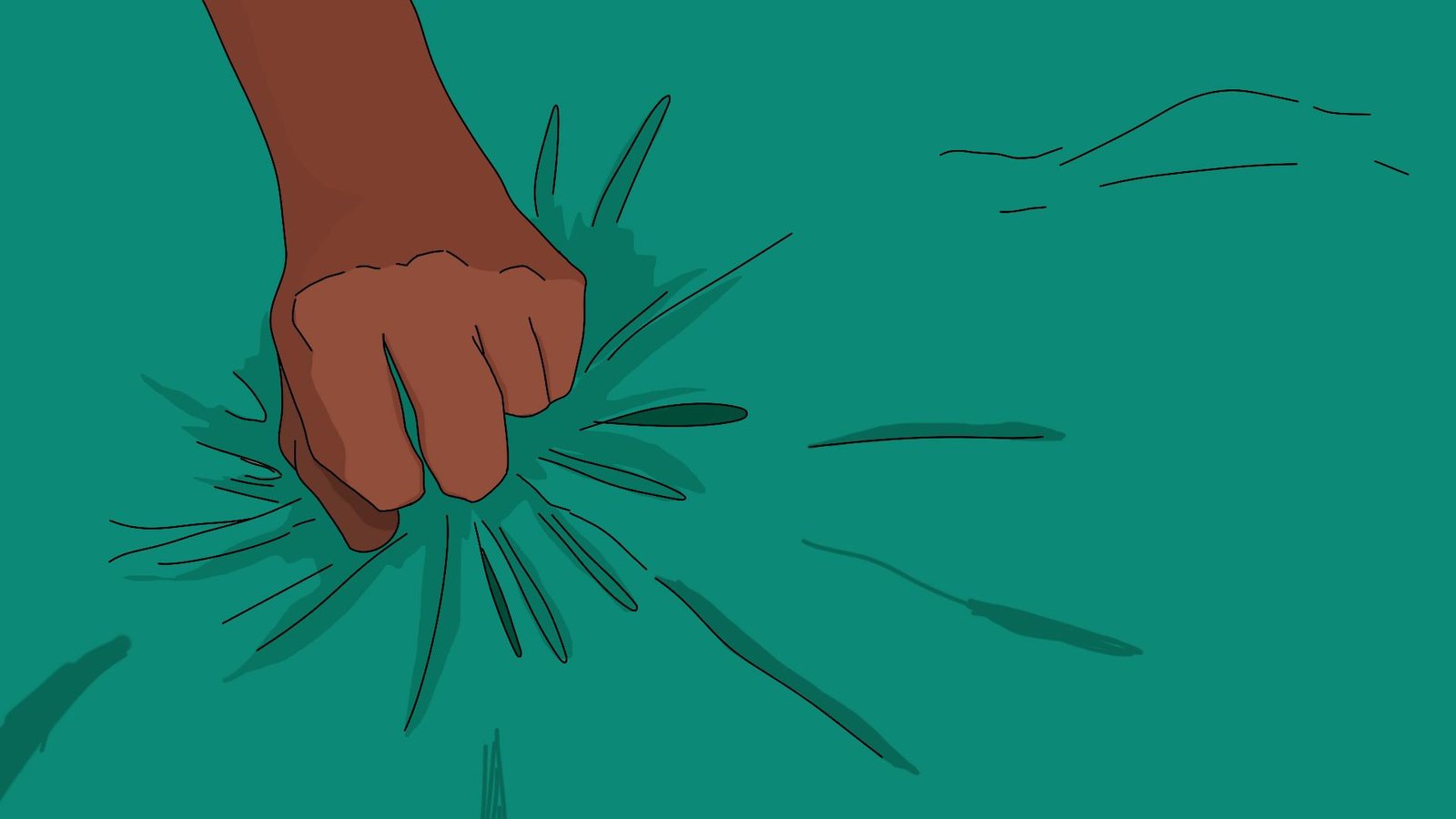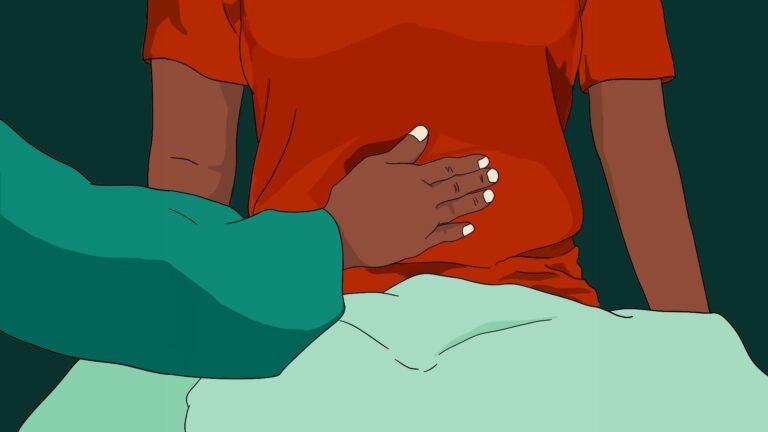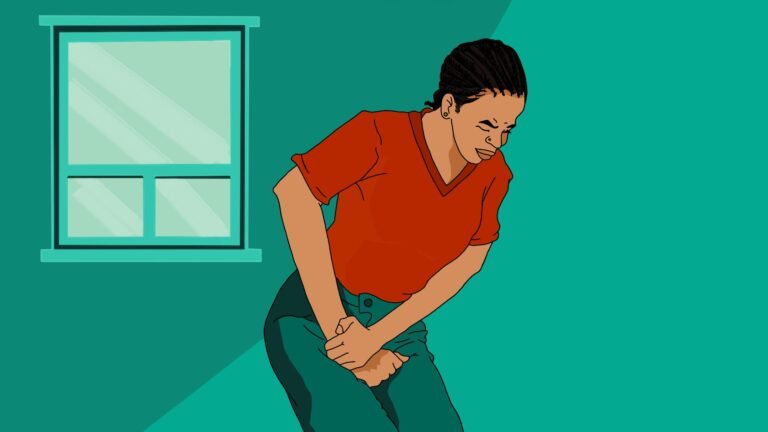
Masturbation
What is masturbation?
Masturbation is an everyday activity where individuals touch their genitals or other sensitive areas of the body to experience sexual arousal or pleasure. It’s a way for people to explore their bodies, experience pleasure, and release built-up sexual tension. People of all backgrounds, genders, and races practice masturbation.
What are some myths about masturbation?
Several common myths about masturbation lack scientific evidence to support them. For instance, masturbation does not cause:
- Infertility
- Dehydration
- Hormonal imbalances
- Changes in the size or shape of the penis
- Decreased sperm count
- Vision loss
- Acne
- Hairy palms
- Erectile dysfunction
- Low libido
Additionally, beliefs that masturbation can negatively affect romantic relationships or indicate sexual dissatisfaction in a partner are also not substantiated by scientific research.
Does masturbation cause a decrease in sexual sensitivity?
For individuals experiencing sexual dysfunction, including enhanced stimulation such as masturbation can potentially increase sexual desire and sensitivity. Excessive stimulation during masturbation, particularly for people with a penis, can lead to decreased sensitivity. This phenomenon, often referred to as “death grip syndrome,” has been documented in research from 2022.
It suggests that overly intense stimulation during solo sexual activity can desensitise the penis, making it more challenging to achieve orgasm during intercourse. Furthermore, regular masturbation may affect the ability to reach orgasm with a partner, potentially complicating sexual experiences.
What are the side effects of masturbation?
Masturbation doesn’t have harmful physical side effects, but it can have psychological effects for some individuals who may experience guilt or develop concerns about chronic masturbation.
- Masturbation and guilt: Feelings of guilt about masturbation can stem from cultural, spiritual, or religious beliefs that associate self-pleasure with shame or immorality. If you struggle with guilt related to masturbation, talking to a trusted person about these feelings can be helpful. Therapists specialising in sexual health can provide valuable support in addressing and overcoming these feelings.
- Addiction to masturbation: Some individuals may also develop what’s sometimes referred to as a “sex addiction” or excessive masturbation habits. Signs that masturbation might be excessive include neglecting daily responsibilities, missing work or school, cancelling social plans, or feeling that it interferes with personal relationships. If you feel concerned that you might be masturbating excessively, seeking guidance from a doctor or counsellor can be beneficial. They can provide strategies to manage and reduce excessive masturbation, such as talk therapy or replacing masturbation with alternative activities like exercise, journaling, or spending time with friends.
Reducing the consumption of pornography may also be helpful if it plays a role in excessive masturbation habits or contributes to feelings of guilt.
What are the benefits of masturbation?
Masturbation may be good for you. Studies have shown that masturbation may:
- Reduce stress.
- Relieve tension.
- Improve sleep.
- Increase your focus.
- Boost your mood.
- Alleviate aches and pain.
- Enhance your sex life.
- Prevent anxiety and depression.






